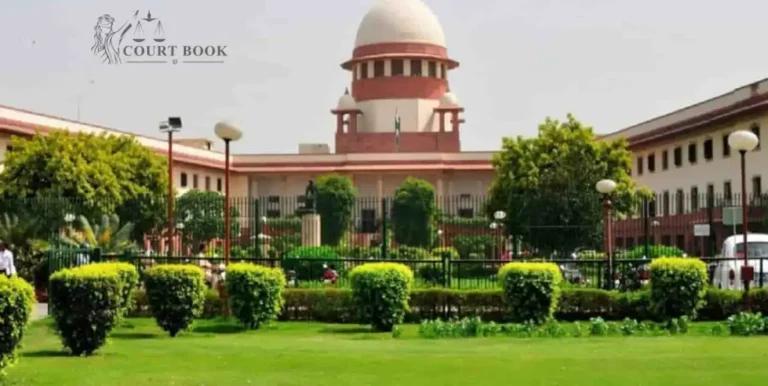In a significant development related to the 2016 West Bengal School Service Commission (WB SSC) recruitment scam, the Supreme Court on April 8, 2025, set aside the Calcutta High Court's order directing a CBI investigation into the creation of supernumerary posts by the West Bengal Government.
Earlier, on April 3, the Apex Court had upheld the Calcutta High Court’s decision cancelling nearly 25,000 appointments of teaching and non-teaching staff made through the WB SSC in 2016. However, it had reserved a separate hearing for the State’s challenge against the CBI probe into the creation of additional posts, referred to as supernumerary positions.
What Are Supernumerary Posts?
A supernumerary post is an additional or temporary position created to accommodate a candidate who may be eligible for a regular post but cannot be appointed due to the unavailability of regular vacancies.
Read Also:- Supreme Court: Registering Authority Cannot Demand Proof of Vendor's Title under Registration Act, 1908
The bench of Chief Justice Sanjiv Khanna and Justice Sanjay Kumar examined the Calcutta High Court’s reasoning, particularly paragraphs 257 and 265 of the High Court's order. These paragraphs highlighted that the State Government had approved a cabinet decision, further sanctioned by the Governor, to create supernumerary posts for candidates alleged to be illegally appointed.
This cabinet decision was formalized through an order dated May 19, 2022, at a time when the legality of SSC appointments was still under judicial scrutiny.
“Having regard to the aforesaid discussion, we are of the view that the High Court was not justified in referring the issue of creation of supernumerary posts to CBI...” — Supreme Court
Here are the key reasons why the Supreme Court found the High Court’s direction for a CBI probe unjustified:
1. No Challenge in the Original Petition
The Supreme Court noted that the main writ petition filed before the High Court did not specifically challenge the cabinet decision dated May 19, 2022. There was also no prayer requesting an investigation by the CBI or police into that decision.
2. Pending Litigation Acknowledged by the Government
The Court examined a government note dated May 5, 2022, which mentioned that the State was using its powers under Section 19 of the WB SSC Act, 1997, to accommodate waitlisted candidates, subject to the outcome of the ongoing case. It indicated that the State had not yet identified which candidates were “tainted.”
“In the discharge of its functions, the Commission shall be guided by such directions as may be given to it by the State Government from time to time in conformity with the provisions of this Act.” — Section 19, WB SSC Act, 1997
3. Constitutional Bar on Probing Cabinet Advice
The Court emphasized the constitutional protection offered under Articles 74(2) and 163(3), which state that ministerial advice to the President or Governor cannot be inquired into in any court.
“The question whether any, and if so what, advice was tendered by Ministers to the Governor shall not be inquired into in any court.” — Article 163(3), Constitution of India
The Supreme Court clarified that its observations are limited only to the issue of investigating the creation of supernumerary posts and should not be construed to affect the broader CBI investigation into the Teachers' Recruitment Scam.
“We clarify that our observations in this order are limited to the extent of direction to investigate the creation of supernumerary posts and not in any way reflect upon the investigation and chargesheets filed by CBI in other aspects.”
Read Also:- Sreenath Bhasi Withdraws Anticipatory Bail Plea Before Kerala High Court in Hybrid Ganja Case
Submissions by Senior Advocates
- Kapil Sibal, appearing for the State of West Bengal, submitted that no appointments were made from the waitlisted candidates following the cabinet decision.
- The original petitioners before the High Court argued that the creation of these posts was aimed at protecting illegal appointees and led to the emergence of new vacancies.
- Maninder Singh, representing respondent no.1 – Baisakhi Bhattacharya, strongly opposed the claim of immunity under Article 163(3). He stated:
“If a decision of the Cabinet of Ministers is based on some illegality, then such a decision would be a colourable exercise of power with complete absence of any bona fide. Thus, the constitutional immunity to cabinet decisions under Article 163(3) will not come into play.”
Case Details : THE STATE OF WEST BENGAL Versus BAISHAKHI BHATTACHARYYA (CHATTERJEE) AND ORS.| C.A. No. 4800/2025















